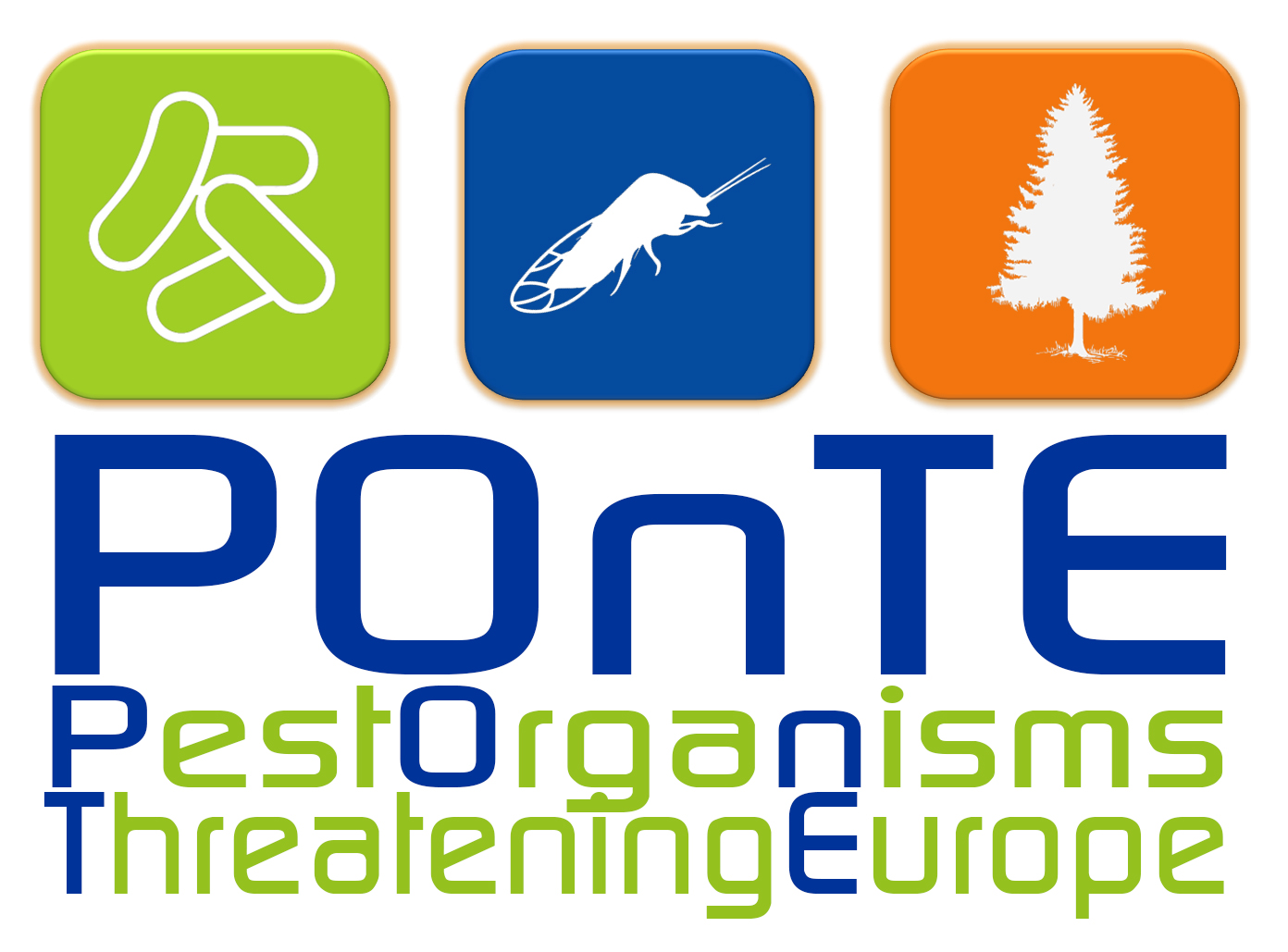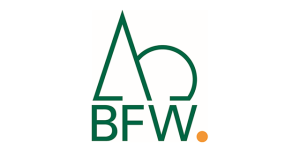FEDERAL RESEARCH AND TRAINING CENTRE FOR FORESTS, NATURAL HAZARDS AND LANDSCAPE
BUNDESFORSCHUNGS-UND AUSBILDUNGSZENTRUM FÜR WALD, NATURGEFAHREN UND LANDSCHAFT
Project Partner
P9
Website
bfw.ac.at
Address
SECKENDORFF-GUDENT-WEG 8
1131 VIENNA
AUSTRIA
Contact Person
Name: Katharina Schwanda
Phone: 0043 1878381133
Email: katharina.schwanda@bfw.gv.at
PROFILE
BFW is Austria’s only governmental institution engaged in research on forestry in a broad sense besides universities. It covers a broad array of topics ranging from traditional forestry problems over natural hazard research and the management of georisks to landscape development and protection. The department of Forest Protection is concerned with research on biotic and abiotic factors endangering woody plants, with the development of control strategies and with provision of basic data for legal air pollution control measures. Monitoring and interdisciplinary forest protection research projects, also within the framework of international research programs, provide substantial basic information for environmental policy measures. Another key task of the Department is to provide information and expert advice to forest enterprises, forest authorities, training centres, nurseries and individuals. Furthermore, the Phytosanitary Service fulfils statutory tasks in the field of quarantine pest control.
ROLE IN THE PROJECT
BFW will focus on Hymenoscyphus fraxineus (Hf) and Phytophthora (Phy). In Hp, plots established in the forest at the beginning of the ash-dieback epidemics in Austria will be monitored for symptom intensity and development of both Fraxinus excelsior and angustifolia. The methodology of trapping spores of Hp will be improved comparing different trap-types and the spread of Hp in the crowns of mature ashes will be analyzed. Influence of temperature on bark lesions and symptom development will be studied by inoculation experiments as well as root infections by Hp. In Ph, monitoring for the presence of species will be performed throughout Austria. Adaption of new species to hosts and climatic conditions will be studied and spread and impact risk will be assessed. Pathogenicity tests on different hosts will be conducted. Isolates will be delivered to other partners for population structure studies. The technology of producing non-Ph-infested nursery stock will be improved working towards an internationally evaluated methodology.
BFW will be involved in the following work packages: WP1, WP2, WP3, WP4, WP9, WP10, WP11

